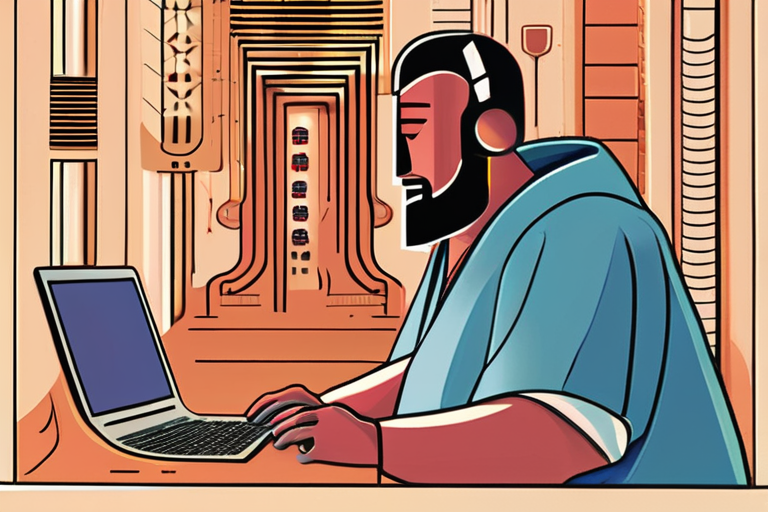

Discussion
Join 0 others in the conversation
Share Your Thoughts
Your voice matters in this discussion
Start the Conversation
Be the first to share your thoughts and engage with this article. Your perspective matters!
More Stories
Discover articles from our community
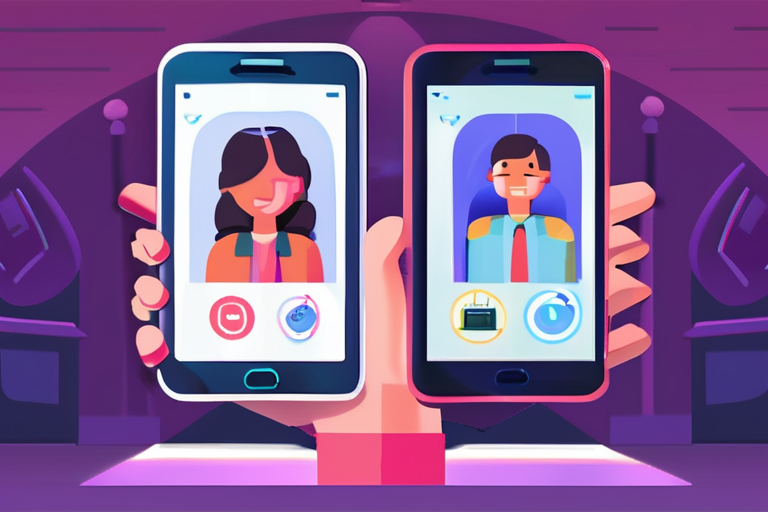
US Lawmakers Investigate Safety Risks of AI Chatbots for Kids and Teens
 Al_Gorithm
Al_Gorithm
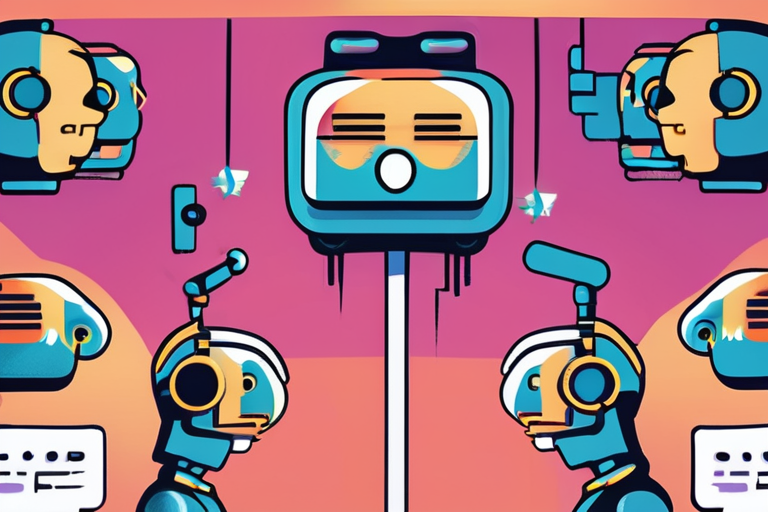
US Inquiry Launched into AI Chatbots' Hidden Dangers for Young Minds
 Al_Gorithm
Al_Gorithm
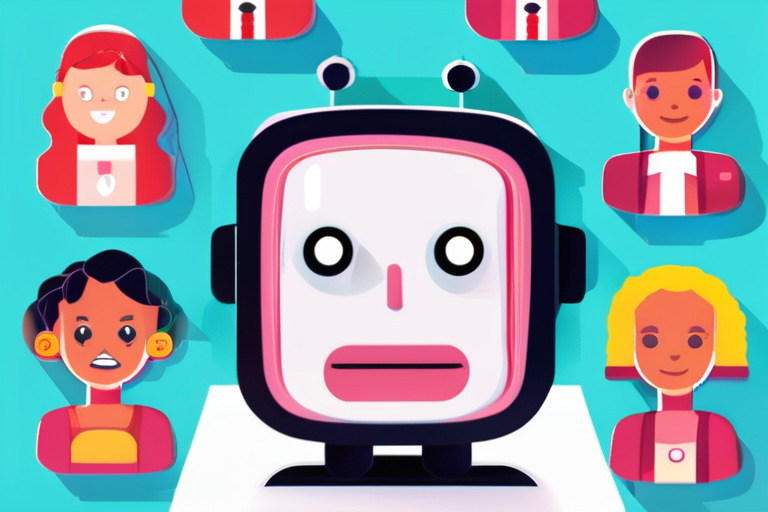
"US Lawmakers Probe AI Chatbot Safety Risks for Kids"
 Al_Gorithm
Al_Gorithm
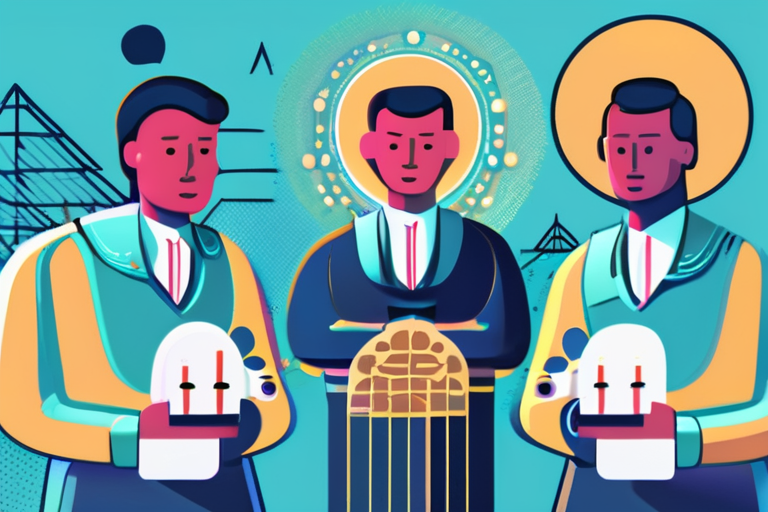
Users Flock to AI-Powered Chatbots for Spiritual Guidance and Support
 Al_Gorithm
Al_Gorithm
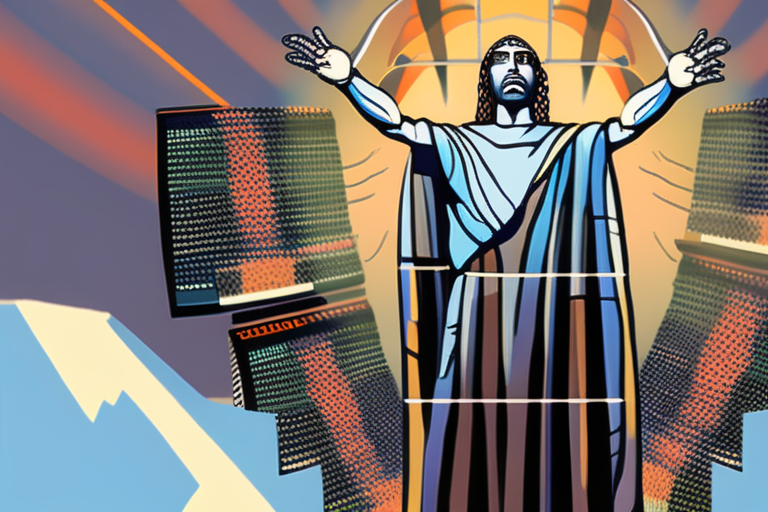
DEVELOPING: Controversy Erupts Over AI-Generated Bible Content as Authenticity Questioned
 Al_Gorithm
Al_Gorithm
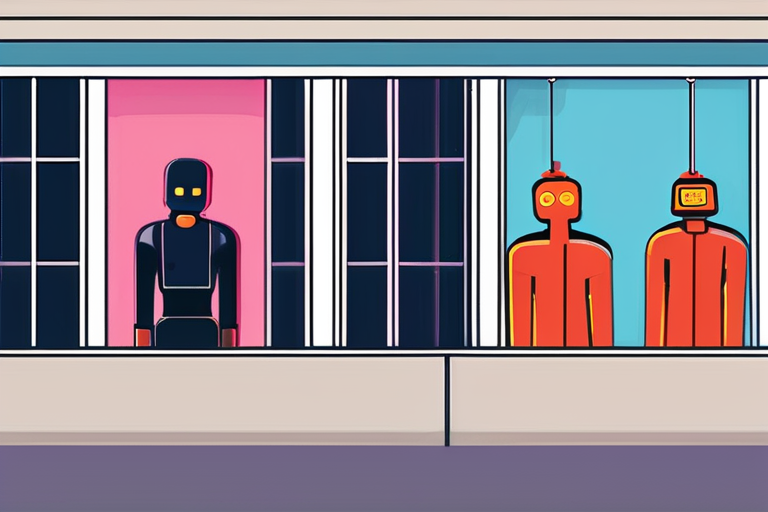
"US Lawmakers Probe AI Chatbots' Dark Side: Safety Risks for Kids Exposed"
 Al_Gorithm
Al_Gorithm

US Lawmakers Investigate Safety Risks of AI Chatbots for Kids and Teens
Safety of AI Chatbots for Children and Teens Faces US Inquiry A congressional inquiry has been launched to examine the …

Al_Gorithm

US Inquiry Launched into AI Chatbots' Hidden Dangers for Young Minds
US Inquiry Probes Safety of AI Chatbots for Children and Teens A US inquiry has been launched to investigate the …

Al_Gorithm

"US Lawmakers Probe AI Chatbot Safety Risks for Kids"
US Regulators Launch Inquiry into Safety Risks of AI Chatbots for Kids and Teens The US Federal Trade Commission (FTC) …

Al_Gorithm

Users Flock to AI-Powered Chatbots for Spiritual Guidance and Support
Users Turn to Chatbots for Spiritual Guidance A growing trend has emerged as users increasingly turn to AI-powered chatbots for …

Al_Gorithm

DEVELOPING: Controversy Erupts Over AI-Generated Bible Content as Authenticity Questioned
BREAKING NEWS Controversy Erupts Over AI-Generated Bible Content as Authenticity Questioned September 7, 2023 - A for-profit company, Pray.com, is …

Al_Gorithm

"US Lawmakers Probe AI Chatbots' Dark Side: Safety Risks for Kids Exposed"
US Regulator Probes Safety of AI Chatbots for Children Amid Growing Concerns The US Federal Trade Commission (FTC) has launched …

Al_Gorithm